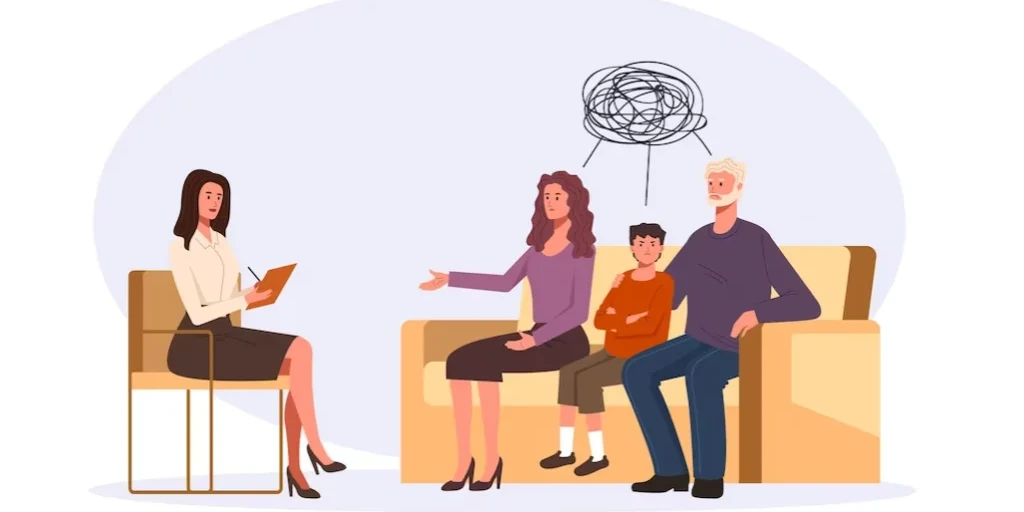24/7 Helpline:
(866) 899-221924/7 Helpline:
(866) 899-2219
Learn more about Residential Rehab centers in Neopit
Other Categories in Neopit

Other Insurance Options

Covered California

Horizon Healthcare Service

Humana

Magellan Health

Multiplan

Access to Recovery (ATR) Voucher

AllWell

Optima

Group Health Incorporated

Medical Mutual of Ohio

Coventry Health Care

Oxford

UMR

WellPoint

Ambetter

Molina Healthcare

Private insurance

Optum

Meritain

Regence













Menominee County Alcohol and Drug Abuse Treatment
Menominee County Alcohol and Drug Abuse Treatment is a public rehab located in Keshena, Wisconsin. M...








